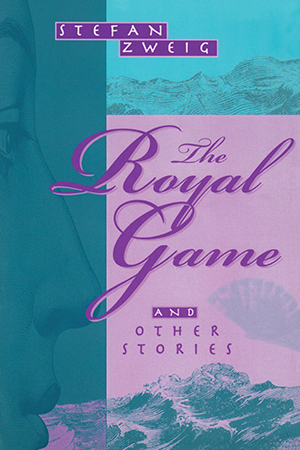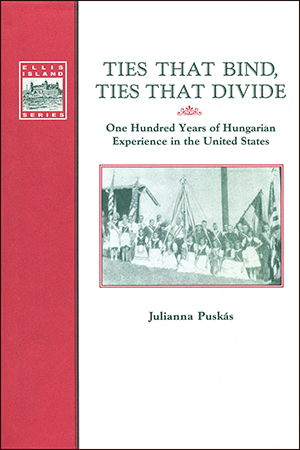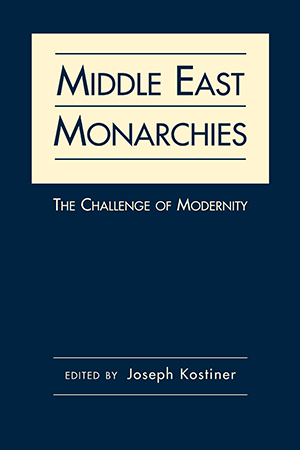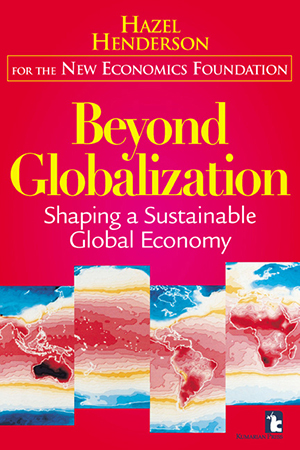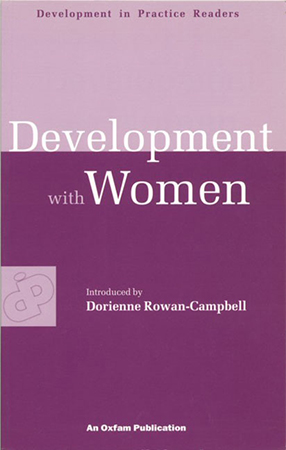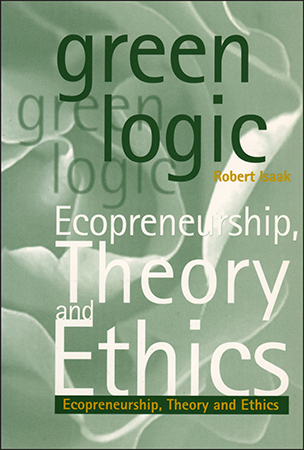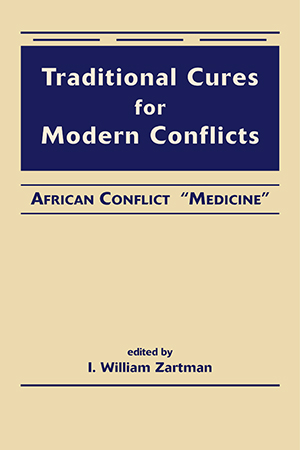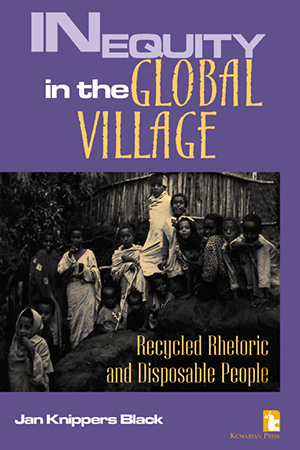BOOKS
National Jewish Book Awards Finalist! Humorous and endearing, while dealing with complex issues, the stories in Goodbye, Evil Eye reflect the tensions between Sephardic Jews and More >
The environment of New York City in the post-World War II era was one filled with new ideas and movements. The 1950s saw waves of Freudian disciples set up practices. In The Last Good More >
Stefan Zweig gained early fame as a poet, translator, and biographer. When he added fiction to his repertoire, he won even more critical acclaim. After his death, however, his work fell More >
In Ties That Bind, Ties That Divide, Juliana Puskás, a prominent scholar on immigration, examines the Hungarian-American experience. Often overshadowed by the stories of other More >
Though monarchies have been deemed obsolete by many observers, recent history testifies to their profound resilience. This volume offers an in-depth discussion of the fundamentals and More >
Renowned economist and commentator Hazel Henderson’s critique of globalization sets out a panoramic vision of the changes required to reshape the global economy in the interests of More >
Drawn from the contents of the acclaimed journal Development in Practice, this book explores such issues such as "mainstreaming" versus specialization, methodologies for More >
Green Logic seeks to highlight the key questions regarding entrepreneurship and sustainability in terms of motivation, government intervention, and ethics. Robert Issak examines how More >
Medical science has taken a new look at indigenous African healing practices, asking whether unique knowledge exists in traditional societies or whether Western and traditional societies More >
Jan Black shows us how the narrow distribution of benefits from globalization has created a yawning gap in wealth and power both among and within states—a gap that she attributes to a More >





